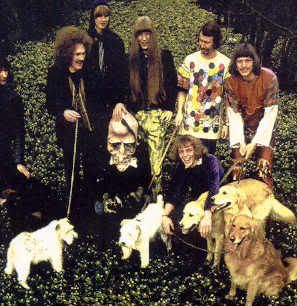
Urban Farming
This past weekend, I attended an open house of an inner-city farm. I had been trying to volunteer with the organization that managed the farm for over a year and this was the first chance I had to see the farm itself.
Somerton Tank Farms exists because of a partnership between the Philadelphia Water Department and the Institute for Innovations in Local Farming. The half acre farm turned a profit of $30K in their third year of existence.
Personally, I am very much in support of local farming, land preservation, and fresh and organic food but I wonder how much of things like urban farming and CSAs are just a quixotic pursuit of a very small subset of people? How many people actually know where their food comes from and do they even care to know? Commercial farming isn't going to ever end and for some time the US has expanded its growing fields to the rest of the world. The US imports a large portion of its produce from other countries. It is cheaper, more readily available and easier to obtain. Small local farms are more expensive, their produce is season dependent and the sale locations are farmers stands or CSA drop-off points. CSA's also create seasonal packages based on what the farm is growing. That means that unless their is a consensus amongst their members, more times than not you are not able to choose which produce you receive.
It is a very noble idea to think that our efforts in the production of sustainable agriculture and the education of the public to support local farmers would create a viable alternative to commercial farming and supermarkets. But I honestly think that it will most likely always remain a small alternative movement. In a country of abundance to the point of gross excess, the need for these types of farms is based only on consumer preference. In other parts of the world, particularly third world countries, this type of farming and food sharing make sense. In America, the direction of our food consumption is solidly pointed towards having as much variety as possible, as cheaply as possible. Even those communities who would benefit from local farming aren't able or interested in this option because of underlying cultural bias and the high cost of the goods.
On the other hand, it was very good to see two people (STF is currently farmed by a husband and wife team) who decided to commit themselves to changing their careers (Steve was a youth counselor and Nicole was an architect) because they were unhappy with the ones they had. Farming is a hard, hard job. Rewarding but hard. It was exciting to see that it is possible to create a change for one's self on that level.


0 Comments:
Post a Comment
<< Home